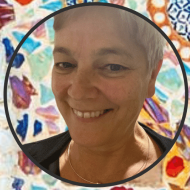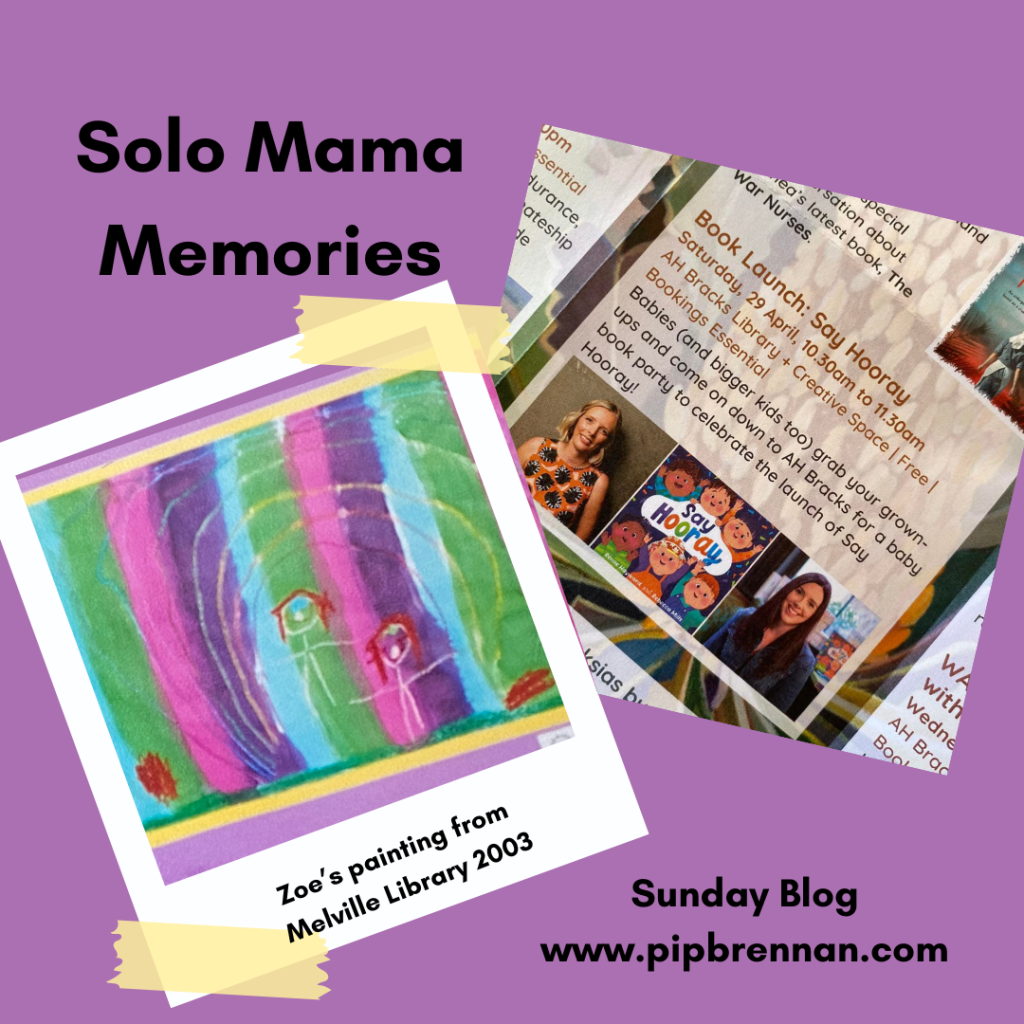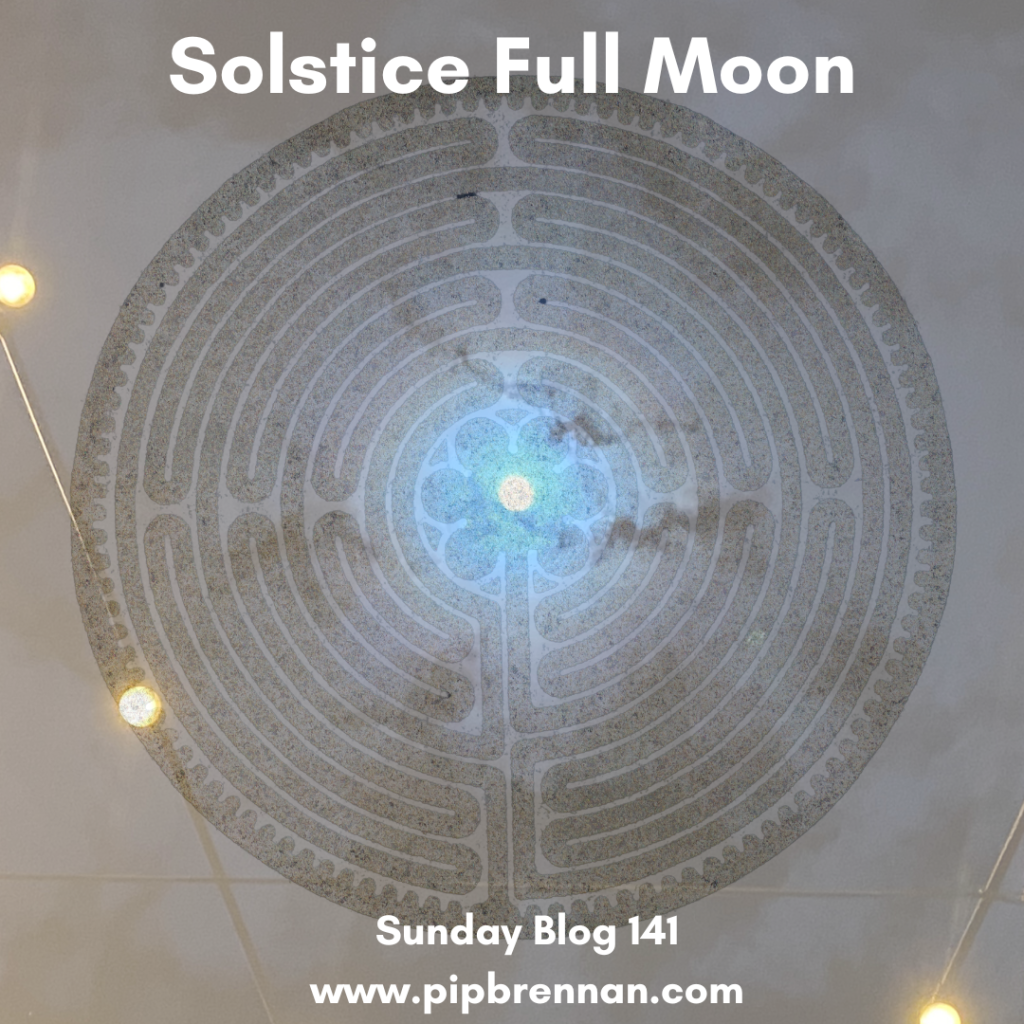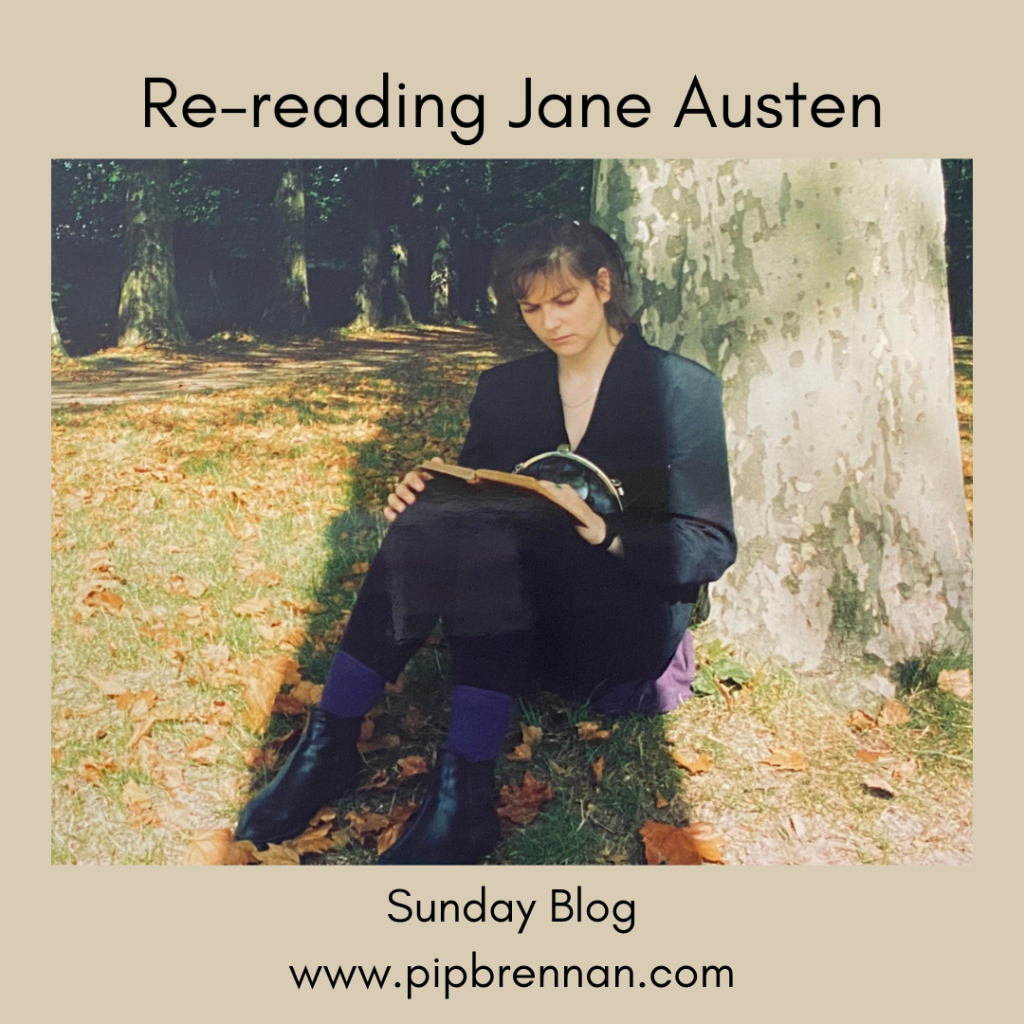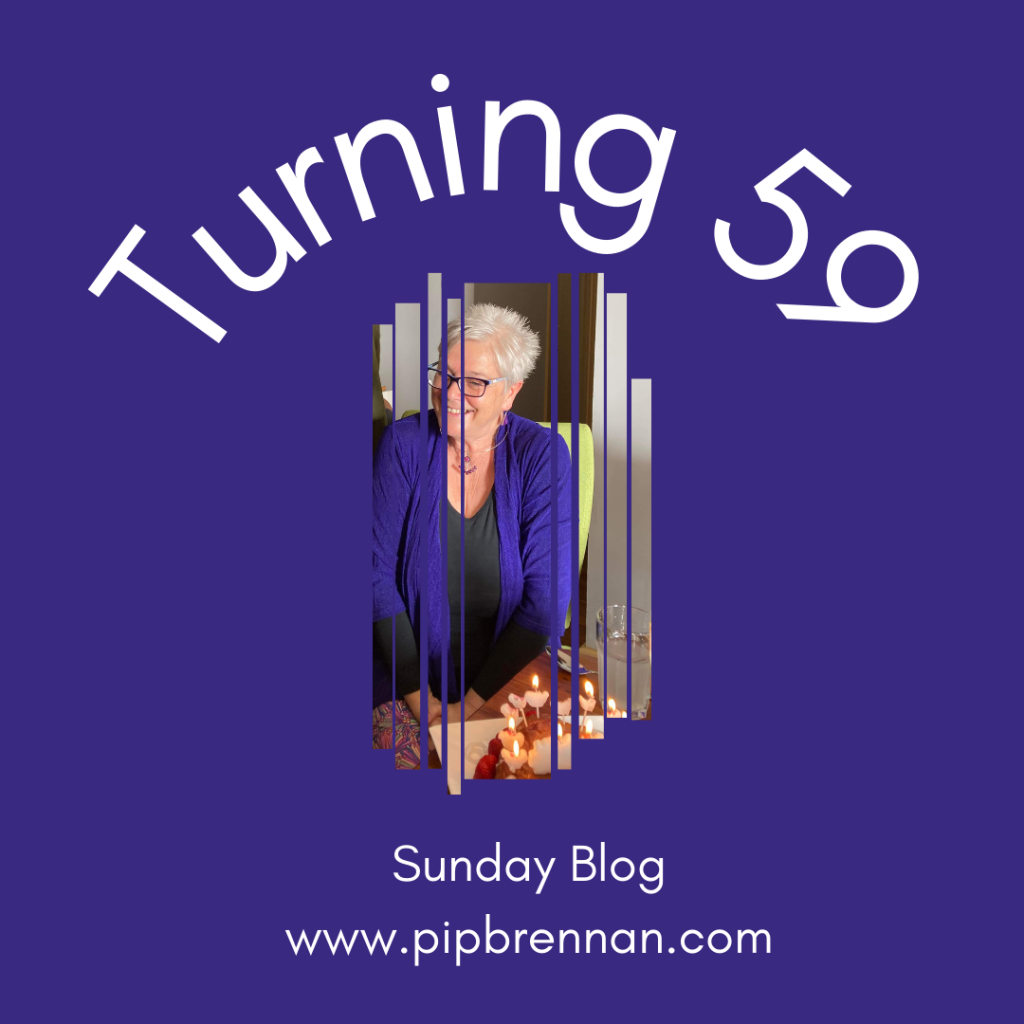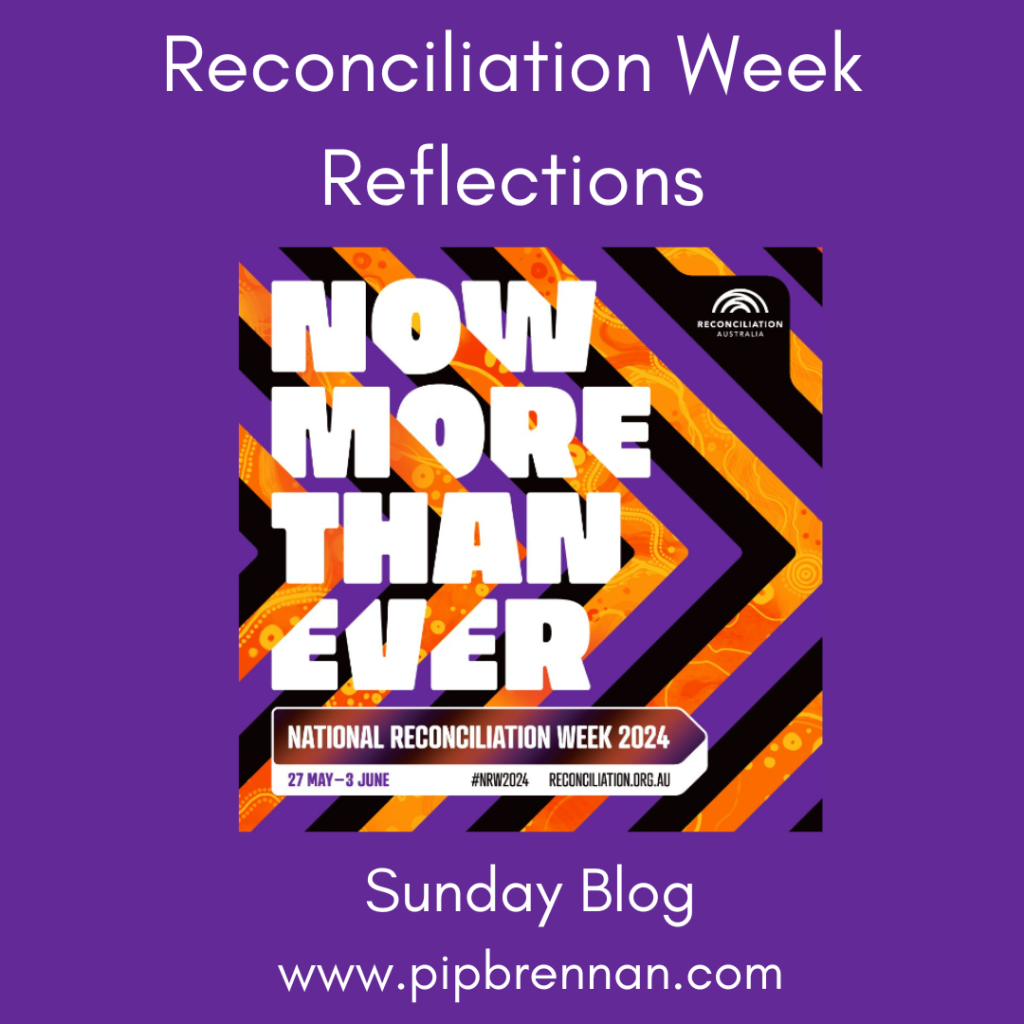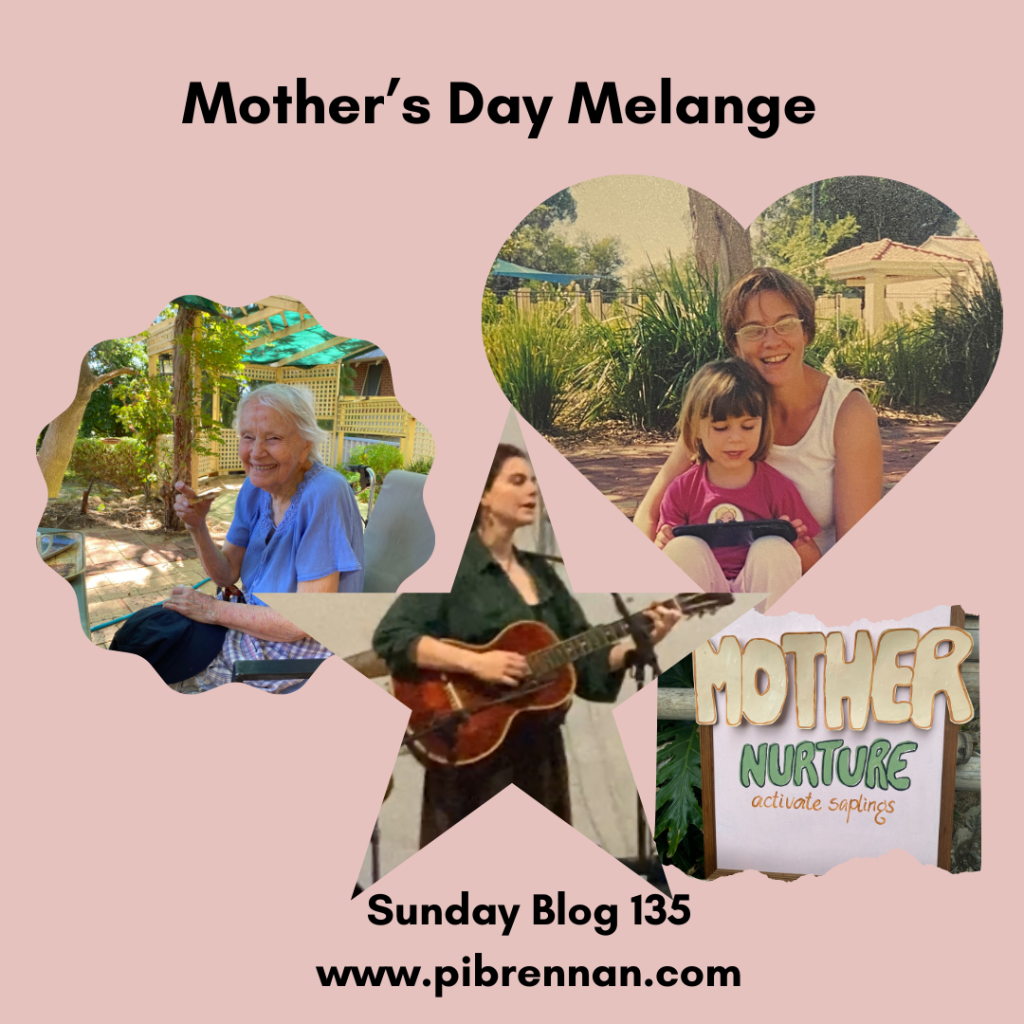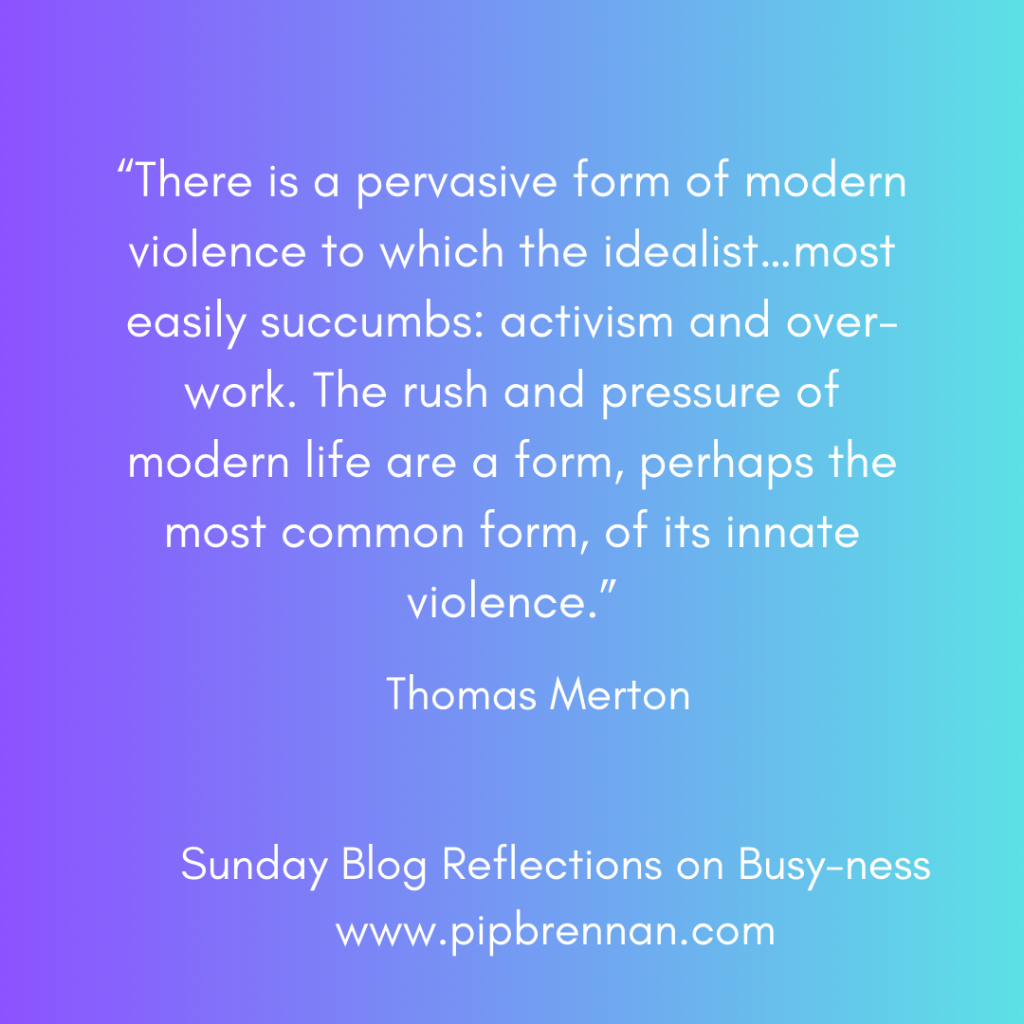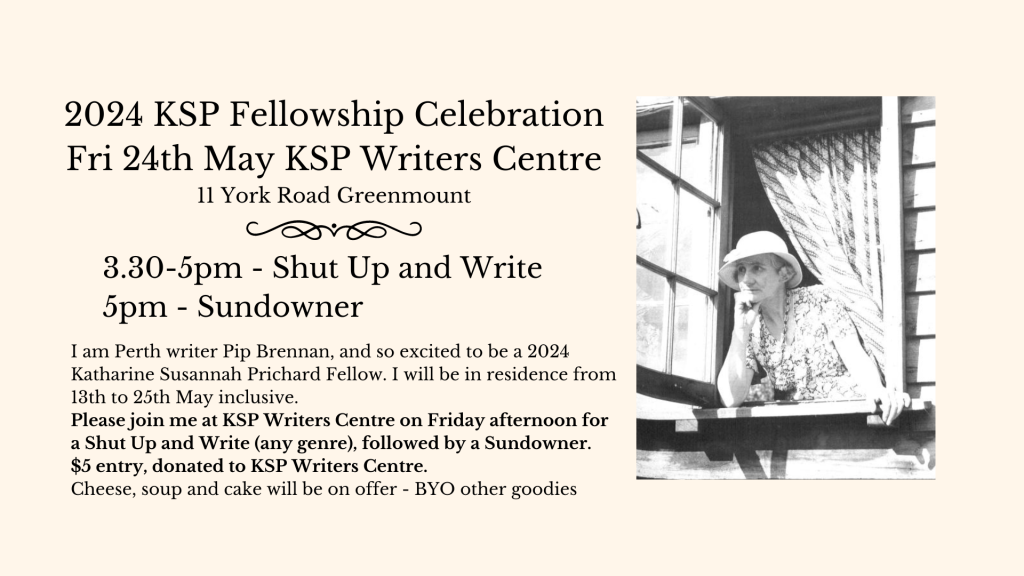Sunday Blog 143 – 7th July 2024
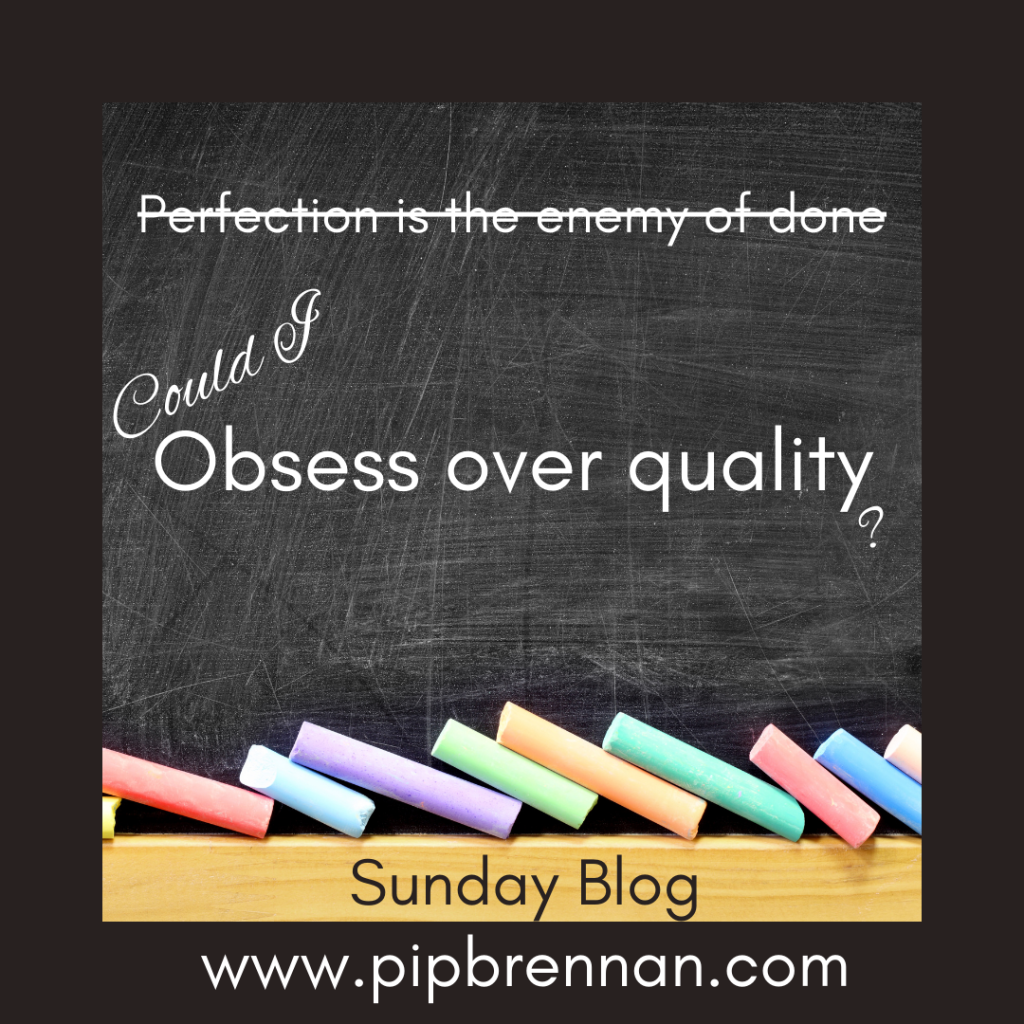
Is it just me, or are podcast episodes by men always at least one hour long? I mean, who’s got the time?
While the lovely Rangan Chatterjee’s Feel Better, Live More podcast has “bitesize” episodes that are just under twenty minutes, I listened to a whole one this week. It was an interview with author Cal Newport. Apparently, I did have the time.
The episode had the arresting title of “Break Free from Burnout.” After all, I am the woman who had to quit her job in 2022 to break the hypnotic spell of over-doing it.
For decades I’ve tried countless methods to trick myself into doing less. I taped a card with the saying “No makes way for yes” on the wall next to my desk. I hoped it would work its magic on my personality. I’m FOMO (Fear Of Missing Out) to the core. Newsflash – the card didn’t create the personality revolution I was hoping for.
Cal Newport’s interview was all about his new book Slow Productivity. Let me save you an hour by sharing the nuggets of slow productivity that Cal espouses:
- Focus on a small number of high impact activities
- Work at a natural pace – vary your intensity and activities to fit your own rhythms
- Obsess over quality
Number 1 was interesting as he described high impact activities as those that move the needle forward. AND he said that all activities we take on come with an administration load. People like myself always envision the end product and bleep over this reality. I’ve always lamented that I seem to have an administrative soul and a creative soul, and the administrative soul always chews up most of my bandwidth. Hmm… that insight about administrative load has got me thinking. Perhaps I could use my envisioning skills to see any shiny new project as trailing a load of unwanted paperwork behind it. Could that cure my FOMO just a little? Number 2 is easier for me now that I have jumped out of the full-time working gig. (There are some good tips for those who have a line manager to work to – asking “which one of these projects would you like me to stop doing to get this done?)
But quality? That was something for me to really dig into. Last Sunday, I sent out my Sunday blog on Facebook with all the gobbldegook from my WordPress website. It had delightful text such as “this image is empty” or similar at the top of the post. I was very lucky anyone waded through that gunk to read the blog itself.
I’m often chided for the Sunday Blog typos that can sneak past my six or seven different filters I try to put in their way. Until it’s posted on Facebook, those last sneaky errors are invisible to my naked eye. Then they are in the full public glare. Like a naughty villager in the stocks, my transgressions are on full public display. Have I taken the maxim that “perfection is the enemy of done” just a little too far? Is it time for me to obsess over quality?
To have stumbled across this podcast in the week after my WordPress gobbledegook bungle was a sign, I’m telling myself, that I am at last ready to spend just a little more time on quality. Obsess over it if you will.
Let’s see if I notice any Facebook post bloopers this week.
